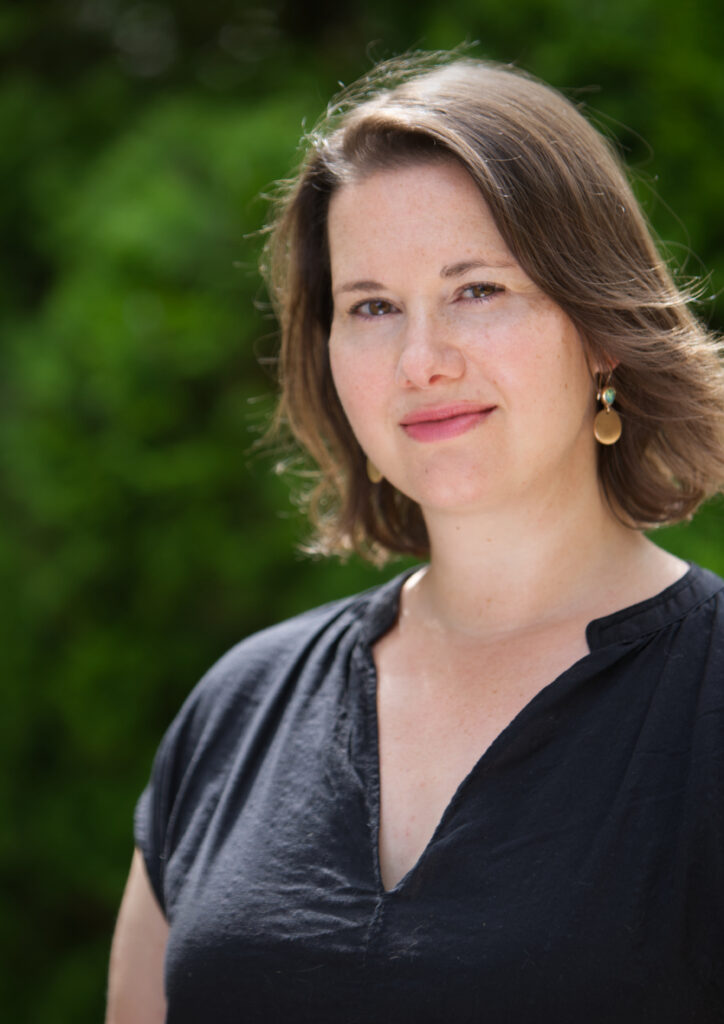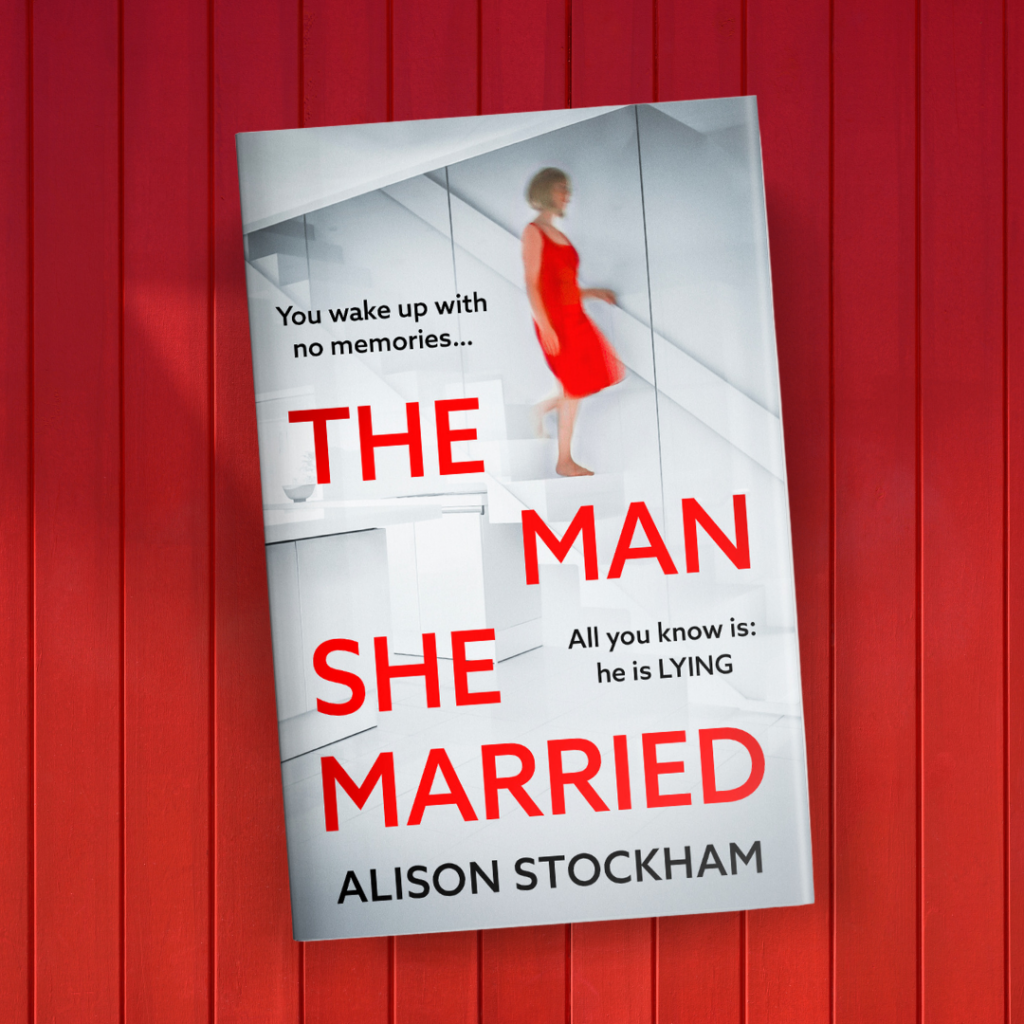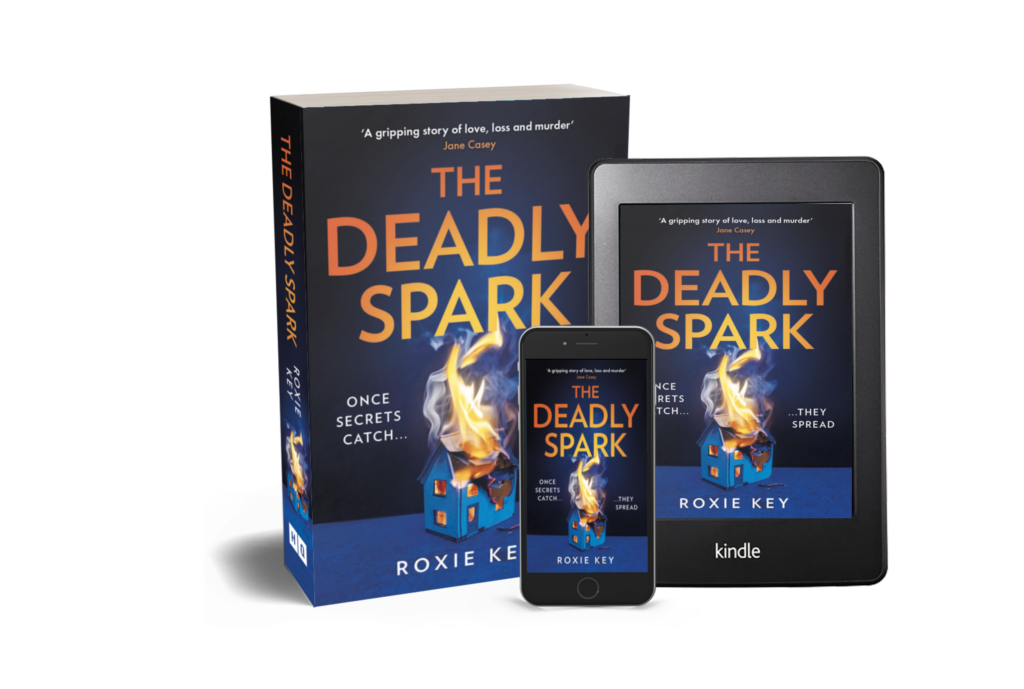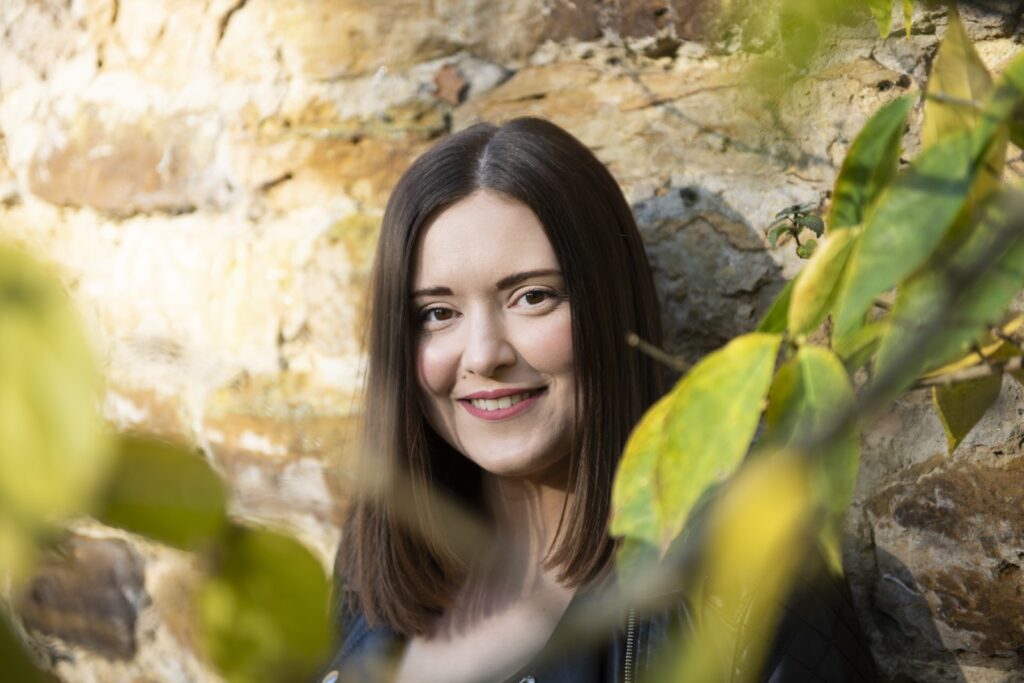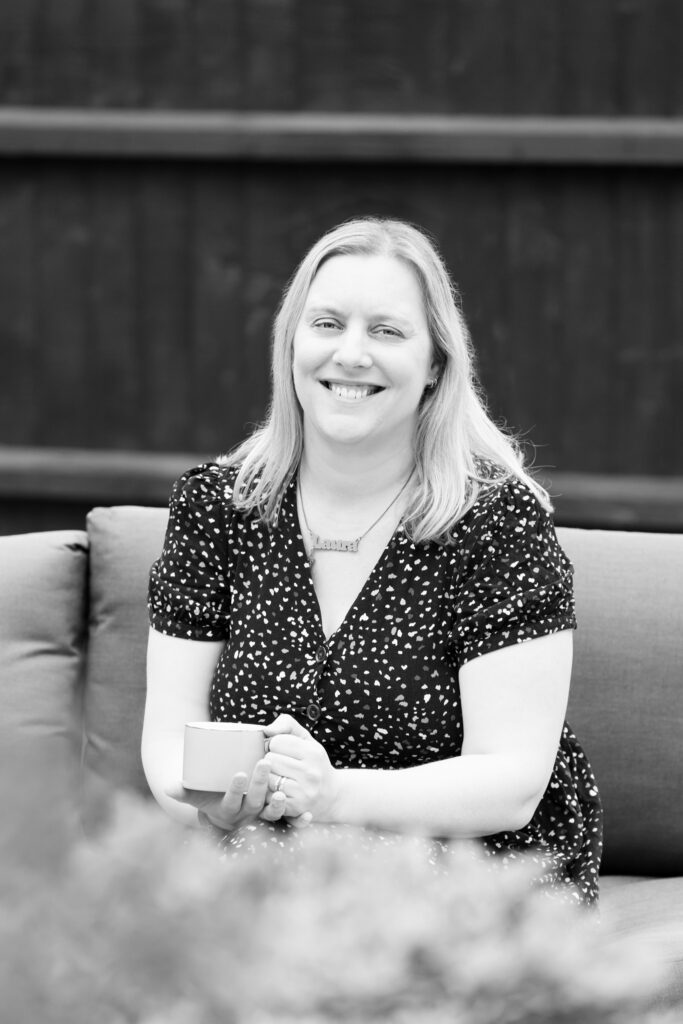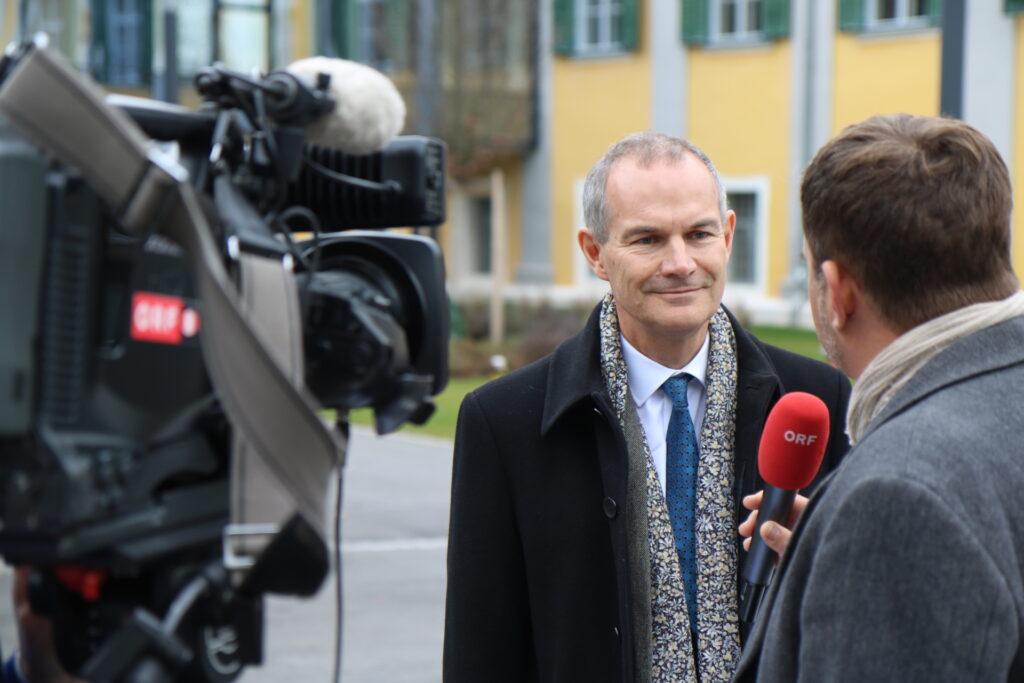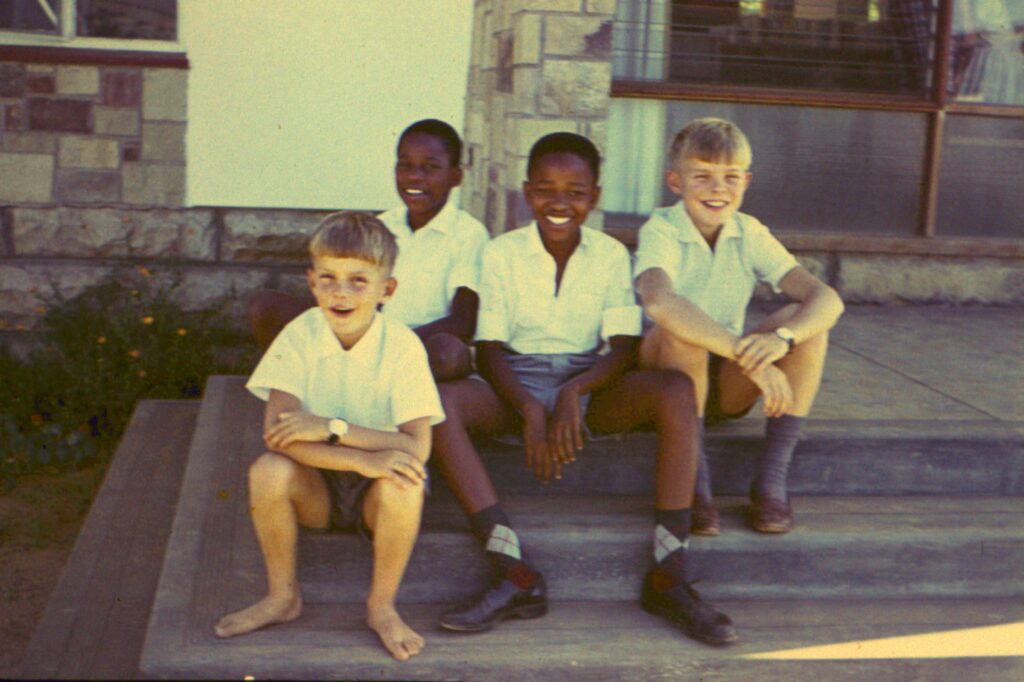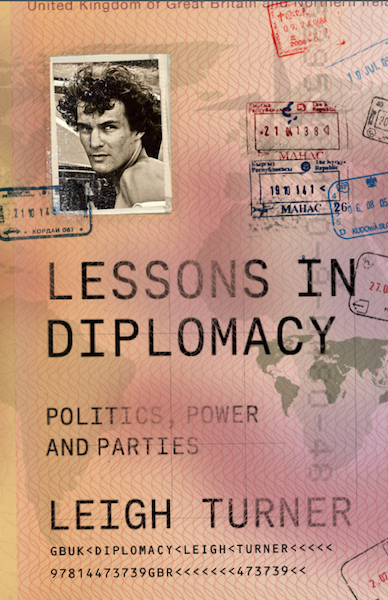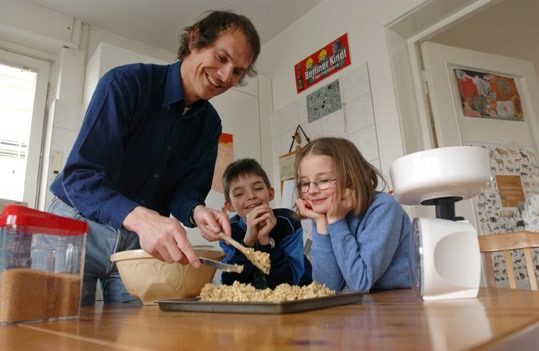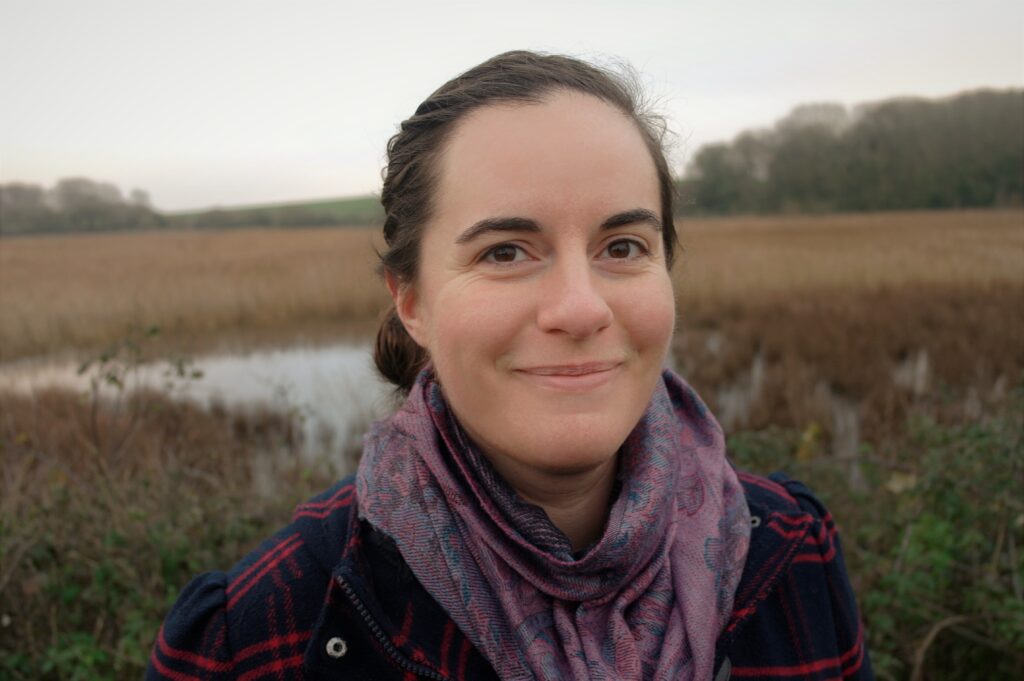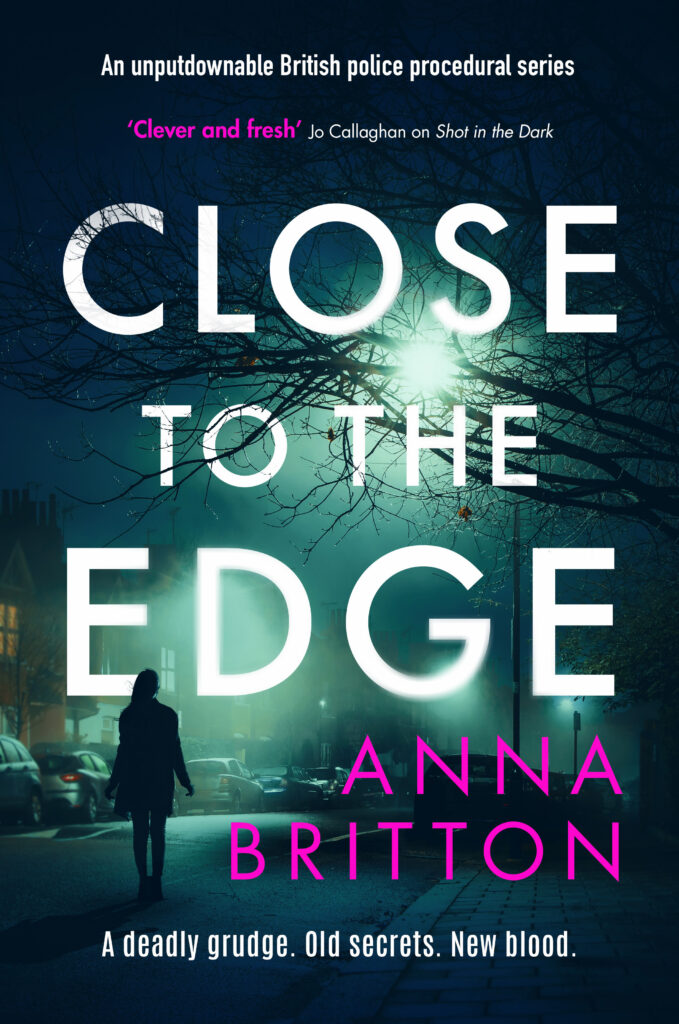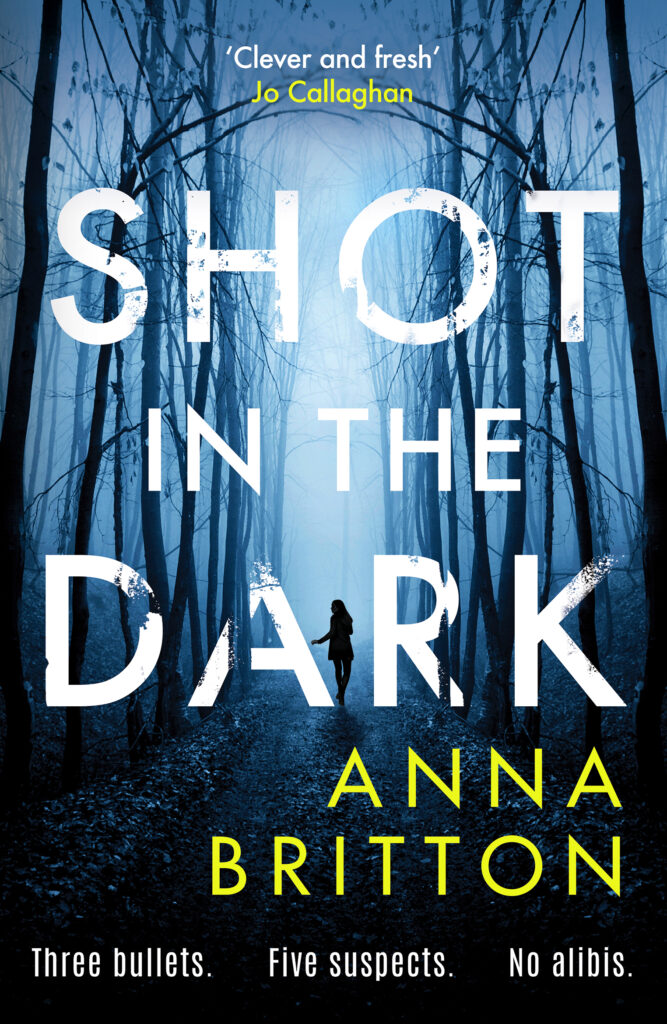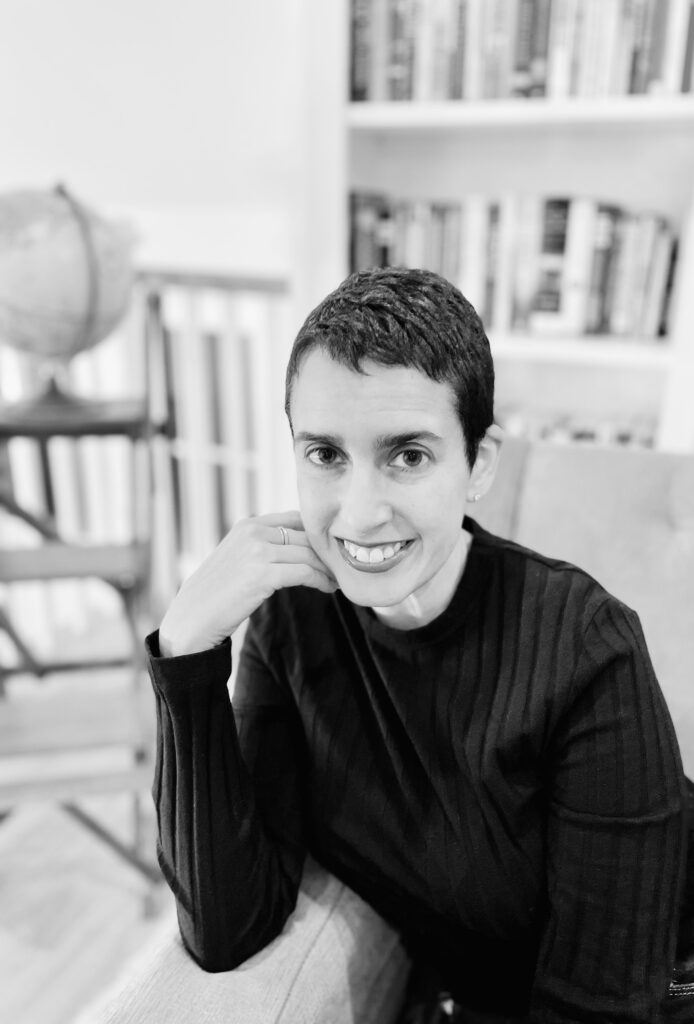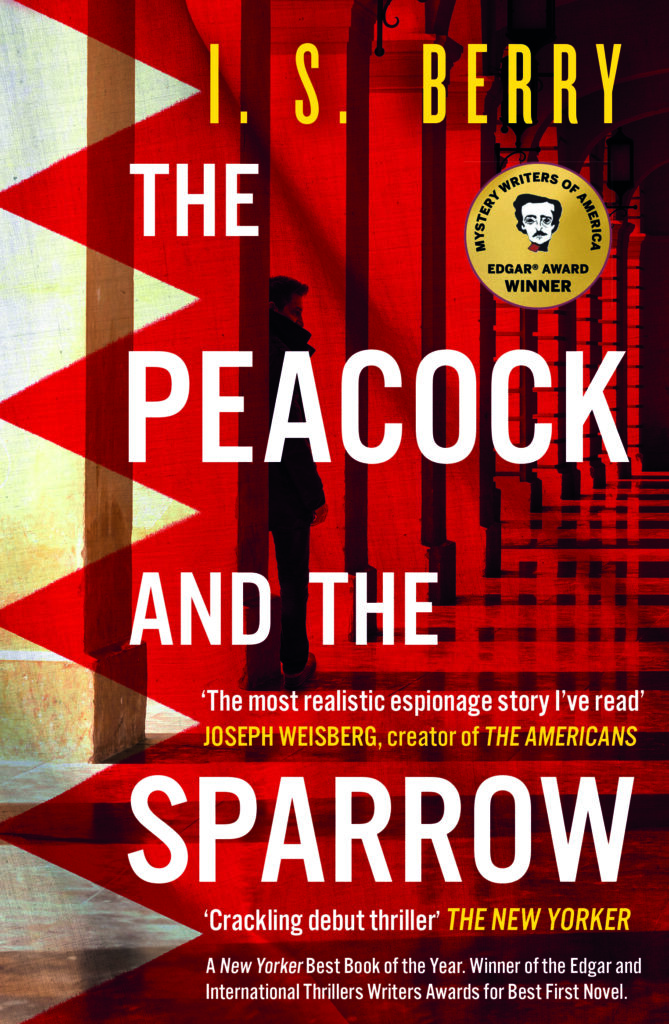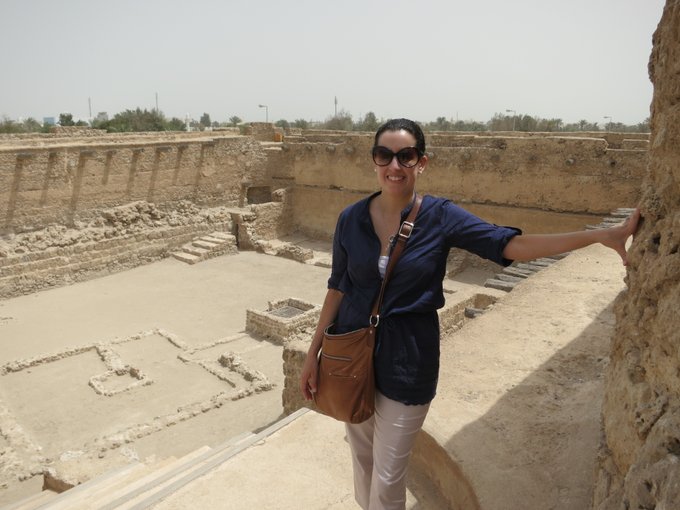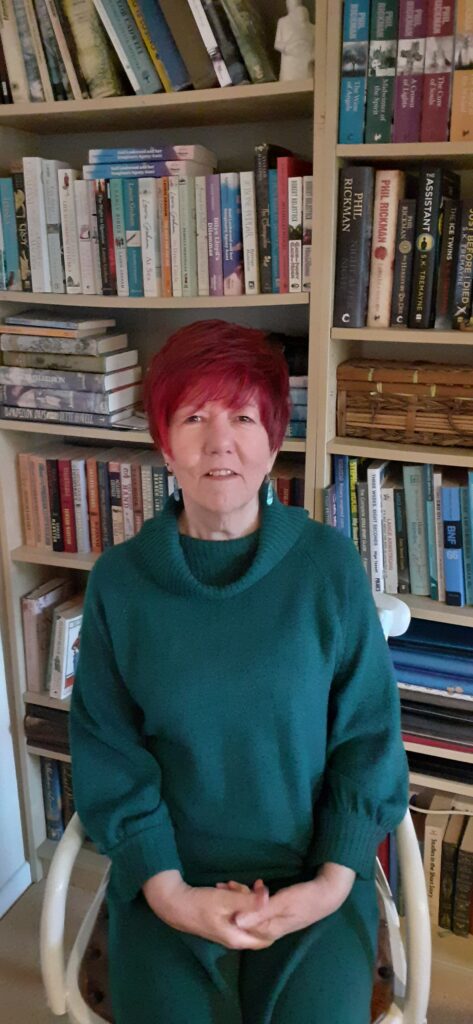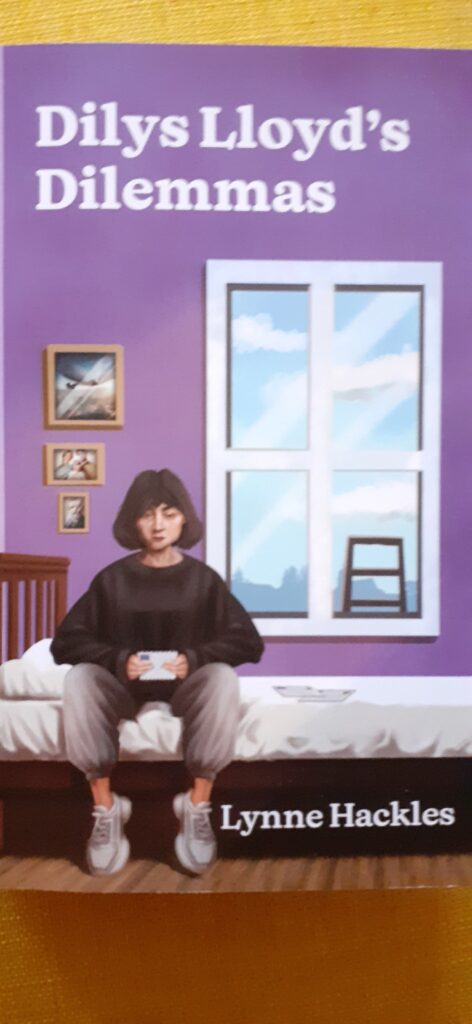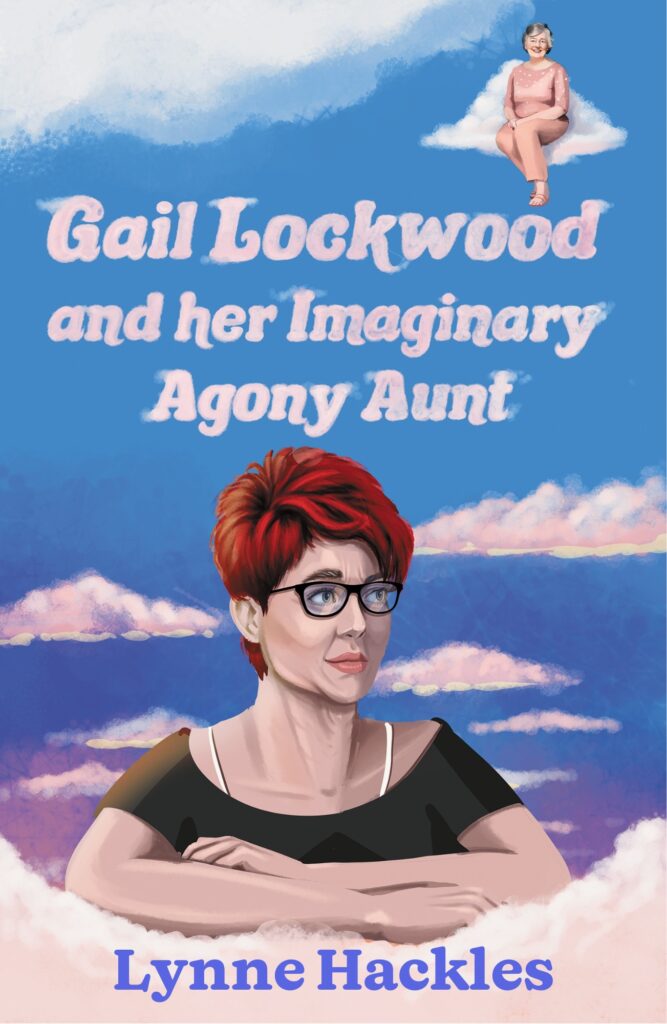Did you always want to be a writer?
Yes I did. I began writing as a five-year-old with my Petite Children’s Typewriter and throughout my childhood wrote self-illustrated pony stories. I love horses, so wanting to become a writer was mixed up with my other longing to work with horses. I guess writing pony stories nicely mixed the two. And I did go on to work with horses – on a Thoroughbred stud, riding racehorses (when I was young and thin) and then in a riding school. After I married a farmer I even ran my own riding school for a while, interspersing that with writing.
What books did you read growing up?
Haha! Pony books, of course. But also pretty much anything. I loved the Laura Ingalls Wilder books as a child, and Alan Garner’s. My dad used to take my sister and me to the local library once a week and I read my way through the entire children’s section. I particularly loved their good selection on myths and legends of various cultures. As I got a little older my tastes matured, and I read all of Georgette Heyer’s novels, all of Dick Francis’s, plus authors like Mary Stewart, Jerome K Jerome, and Tolkien, plus I’m proud to say all of War and Peace. You name it, I read it.
What was the idea behind The Sham Engagement?
I was asked to write a Regency era novel set in London, with balls for the heroine to attend. I have Asperger’s Syndrome so balls are not my cup of tea. I decided it would be nice to write a heroine who felt the same. So I made Elenora autistic in the days long before it was even thought of. This reflected my youth as I didn’t know I was autistic until my sons were diagnosed and my childhood and teenage years were difficult. On the other hand, that’s probably why I read so much.
You also wrote the Guinevere series. Do you think you will write more?
If you read the Guinevere series you’ll know I can’t write any more books for that. It has the sort of ending that doesn’t suggest any more. However, I am at present working on a prequel. I haven’t quite decided if it should be a genuine prequel or a total standalone series not connected to the first. I loved my Merlin so much (and so did my editor) that I wanted to write his story, so that’s what I’m doing. King Arthur having been my Aspie obsession since childhood, I don’t actually have to do much in the way of research. I’ve been doing that for the last fifty plus years.
Can you tell us about your publishing journey?
Long and slow! I think I must have had over a hundred refusals before I won the Dragonblade Write Stuff competition in 2021 and a three-book deal. A long time ago (1983), pre-children etc, I had a short story published in Pony magazine, and only this morning someone who specialises in republishing old pony stories and has back copies of Pony sent me a scan of my story. I’d long ago lost my own copy, you see. That was an exciting moment for me, and the story wasn’t as bad as I thought it was going to be. I also had an article on living in France published in Smallholder magazine, but those two were my only successes until that win in 2021. Since then I’ve won a few prizes for short stories, and one of mine that was shortlisted for the Bedford Prize is in their 2024 anthology.
What’s your writing routine?
I write every single day unless we’re going out for some reason. I start at breakfast time and keep going through the day with a few breaks here and there. I have to write as much as I can because I can be rudely interrupted by random vertigo attacks which render me unable to even stand up without being overcome with dizziness. It’s horrible, and I definitely can’t write while that’s happening. So when I’m able, I’m writing all day long.
I do intersperse writing with other things so I don’t get stale. At the moment I’m teaching myself Ancient Greek, so spend maybe up to an hour a day on that. As I’m getting older I decided it might be a good idea for my cognitive reserve. Plus I love it. I’ve already taught myself Latin, which is very useful.
Who are your favourite authors and books?
I love Stephen King, Harlen Coben and John Grisham, also Nicci French, because I’m very fond of a thriller. I just reread Shogun and loved that. I think I could probably say that my favourite author is usually the one I’m reading at the moment. I’ll read most genres if they’re well written and can’t abide books that aren’t. Life is too short to read badly written books so I DNF them. As I tend to buy my books on Bookbub for my kindle, I do get a few that I just bin.
What’s your favourite thing about being a writer?
Being my own boss, being able to write whenever I like, being able to write whatever I like. Living in a world I’ve created myself, seeing it unfold in front of me in technicolour. Letting my imagination run wild and free. By the way, the worst thing is doing the publicity. Hands down. So difficult.
Your first six books were a retelling of the Arthurian legend. Can you tell us how you approached them?
I’m a discovery writer (so much nicer than saying I’m a pantser) so I just sat down and wrote. I don’t plan at all, although, saying that, I had a vague structure of Arthurian legend to follow. And I knew as soon as I began book one where book six was going to end, just not how I’d get there nor how many books there would be. Because I’ve researched the Arthurian period for so long it’s as real to me as my own world, so it was easy to sit and write what it’s like as my characters move through it. Very little research was required, although every so often I had to look up what their underwear was like or what did they use for a baby’s nappy. That was fun. Rabbit skins, by the way, for the latter, only my research didn’t specify if that was fur side in or out. Think of having to clean the fur side!
What’s next?
The book, or series, about Merlin. He has a nice selection of legends I can draw on, some of which were mentioned in the Guinevere series, so I have a vague structure for that as well. Right now I’m about 27,000 words in and he’s just a boy. I write very quickly so should have the first draft done by mid-March. And I love doing revisions. Someone once suggested that I am a planner in a way, and that my first draft is my incredibly detailed plan. Maybe they’re right.
I also have some ideas for some more Regency era books. Just waiting to hear if they’ve been approved. I might end up simultaneously writing two books which I’ve never tried before. It’ll give me time to let one rest while I work on the other. Always a good idea. I don’t like to be without some kind of writing to do. I think I’d be lost without it.

